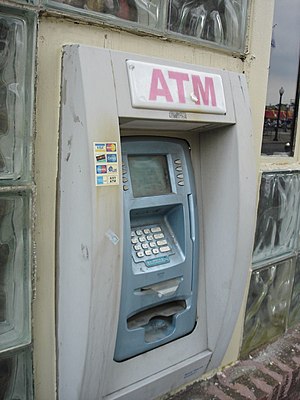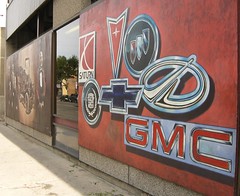I stopped paying attention to
Roubini sometime back in the latter part of 2008 when he began advocating massive government intervention. As Twist at
Housing Doom pointed out late last year,
Roubini was asked the following question in a
Bloomberg interview sometime back in November, 2008: If President-elect Barack Obama was to call you today and say, ‘
Nouriel, how are we going to get ourselves out of this mess,’ what would you tell him? Among other things
Roubini suggested a $700B stimulus package and recapitalization of banks.
Indeed, according to
U.S. News and World Report, when
Roubini testified at a congressional hearing in late October 2008, here’s part of what he told lawmakers in his written testimony:
Given the size of the expected contraction in private aggregate demand (likely to be about $450 billion in 2009 relative to 2008) a fiscal stimulus of the order of $300 billion minimum (and possibly as large as $400 billion) will be necessary to partially compensate for the sharp fall in private aggregate demand.
This fiscal stimulus should be voted on and spent as soon as possible as delay will make the economic contraction even more severe. A stimulus package legislated only February or March of next year when the new Congress comes back will be too late as the contraction of private aggregate demand will be extremely sharp in the next few months. Such policy action should be legislated right away—in a "lame duck" session right after the election—to ensure that the actual spending is undertaken rapidly in the next few months.
It
wasn’t until after listening to Peter
Schiff’s June 24, 2009,
radio broadcast that I realized someone on the Obama team must have "made him an offer he can't refuse"; someone must have told
Roubini to do a "
Kudlow"-- to promote
blithe optimism and government bailouts. On
Schiff’s broadcast he began by explaining how
Roubini had stolen his “Dr. Doom” title, then Schiff mentioned he’d actually met
Nouriel Roubini at a dinner.
Schiff expressed admiration for
Roubini and commented that he felt
Roubini was more well-known in the main stream media circles because he had "professor" credentials, but also because
Roubini supported the stimulus packages and bailouts. But “Privately,” said
Schiff, “[
Roubini]
doesn’t support them nearly as much as he supports them in public."
Schiff had expected to argue with
Roubini about the bailouts and stimulus packages but
Roubini agreed with all of
Schiff’s criticisms.










